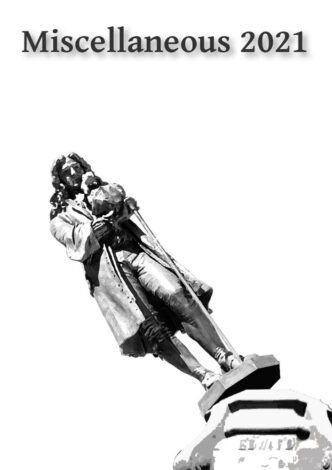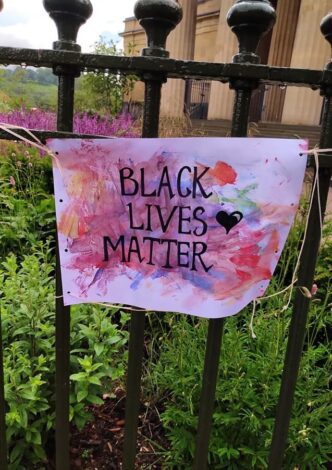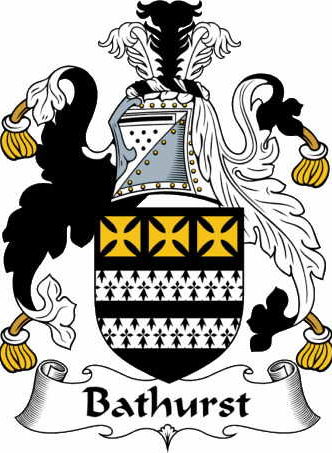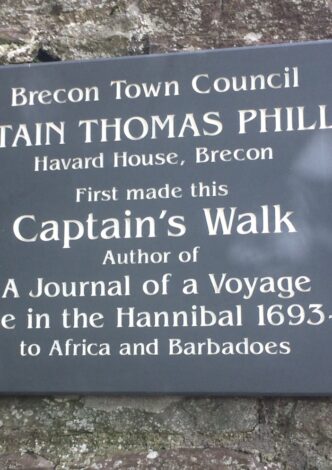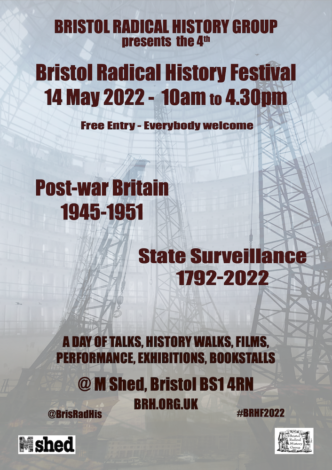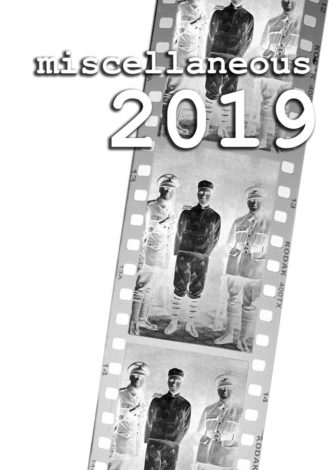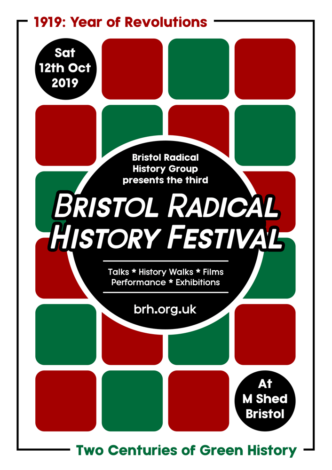Support the Colston 4 – Film Screenings
On the day of the first scheduled court appearance of the Colston 4, there will be a online film screening and conversations to provide a context for that event. January 25th, 2021 will see four defendants appearing at Bristol Magistrates Court on charges arising from the toppling of the Colston statue at a huge Black Lives Matter demonstration on June 7th 2020. That toppling reflected the frustration of many about the continued memorialisation and honouring of the slave-trader Edward Colston, […]


